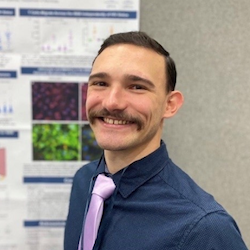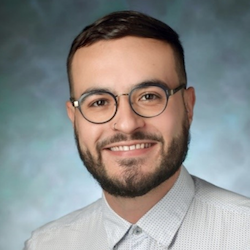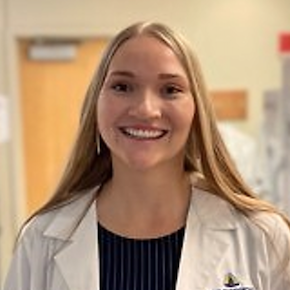HSRB-II: Inside the Lab of Dr. Yong Wan
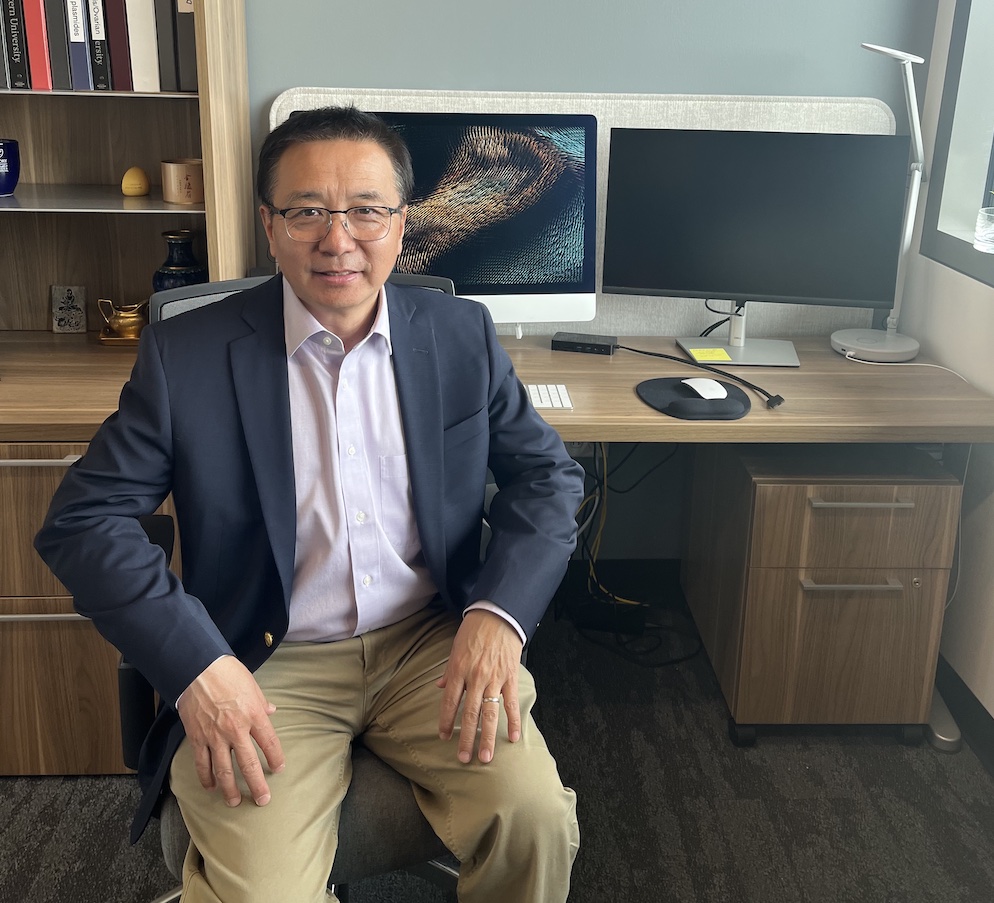
Yong Wan, PhD, is a SOM Endowed Chair Professor at the School of Medicine and the Director of the Glenn Family Breast Center for Basic Research. The Wan Lab, among the first to utilize the state-of-the-art facilities at the Health Science Research Building (HSRB) II, is currently conducting cutting-edge patient-centered basic and translational studies for cancer therapy.
A major goal of the Wan lab is to define the molecular mechanisms of breast tumor initiation, progression, and metastasis, and to identify novel targets for therapeutic development. Wan Lab seeks to address how defects in protein posttranslational modifications (PTMs) would result in deregulated tumor immune checkpoint function, genomic instability, abnormal cell cycle, and aberrant signaling that predispose otherwise normal cells to become cancerous tumor cells or promote cancer progression and metastasis. The Wan Lab is conducting translational research in collaboration with medical oncologists while employing multidisciplinary approaches to advance drug development for cancer therapeutics, with a focus on PTMs.
If genes represent the blueprint of life, then proteins as the functional units carry out biological processes. PTMs are biochemical decorations or alterations of proteins after they are synthesized, which not only profoundly impacts their structure and function but also increases the complexity and diversity to biological systems. Similar to how different combinations of condiments and spices can dramatically alter the flavor of a dish, these biochemical modifications affect a protein's stability, localization, interaction with other molecules, and activity. They play essential roles in nearly every biological process, including cell signaling, immune responses, cell death and differentiation, metabolism, and more. By attaching or detaching chemical groups, proteins can be switched on or off, guided to particular cellular destinations, or flagged for breakdown. Such precise control is not just crucial; it's the conductor orchestrating the symphony of cellular life, ensuring each note is played in perfect harmony for the entire organism to thrive. Malfunction of PTMs often leads to a variety of human diseases such as cancer. Understanding PTMs is not only fundamental to grasping how cells operate but also crucial for developing new therapies for diseases where these processes go awry.
Despite remarkable progress in breast cancer research in the past decades, especially in targeted therapy for Luminal A, Luminal B, and Her2 subtypes, patients with triple-negative breast cancer continue to face a dire lack of effective treatment options. Immunotherapy, which has shown great promise in treating various diseases, has also been severely restricted in breast cancer treatment due to its immune cold features, presenting an obstacle to its efficacy.
Aberrant PTMs play a role in diverse aspects of cancer biology, including tumor immune evasion, genome instability, tumorigenesis, and cancer drug resistance. Recent research by the Wan Lab has revealed a new mechanism governing the degradation of CD73, an immune checkpoint protein crucial for breast tumor immune evasion. These findings suggest the Yin-Yang regulation of CD73 by ubiquitylation and deubiquitylation, which orchestrates tumor immunosuppression and can be targeted for therapeutic approaches. The lab is also actively involved in multiple projects examining the impact of PTMs on the communication between tumors, immune cells, and adipocytes. Alongside their work on PRMT5, CDC20-APC, OTUD4-CD73, and MGAT1, they are actively identifying new therapeutic targets and agents.
"HSRB II’s dynamic research platform offers a multitude of interdisciplinary avenues and opportunities. As we walk down this corridor of discovery, we are constantly inspired by our colleagues' work with the most exciting and cutting-edge research tools such as machine learning, 3D bioprinting, advanced imaging, and many more. We look forward to collaborating with fellow scientists and clinicians to dive deeper into the mysteries of cancer and develop novel therapeutics that could benefit patients around the world,” says Wan.
Looking ahead, Wan and his team are focused on expanding Emory's breast cancer research, pioneering innovative anti-cancer therapies, and potentially establishing a dedicated center for PTM research. This effort aims to foster dynamic interdisciplinary collaboration by bringing together experts from pharmacology, oncobiology, drug discovery, and cancer care.
Dr. Yong Wan and his team recently had two high impact publications in Journal of Clinical Investigation:
"CD8+ T cells sustain antitumor response by mediating crosstalk between adenosine A2A receptor and glutathione/GPX4," published March 5, 2024
"Pharmacological Suppression of the OTUD4-CD73 Proteolytic Axis Revives Antitumor Immunity against Immune-Cold Breast Cancers," published March 26, 2024.
Wan Lab Group (left to right):
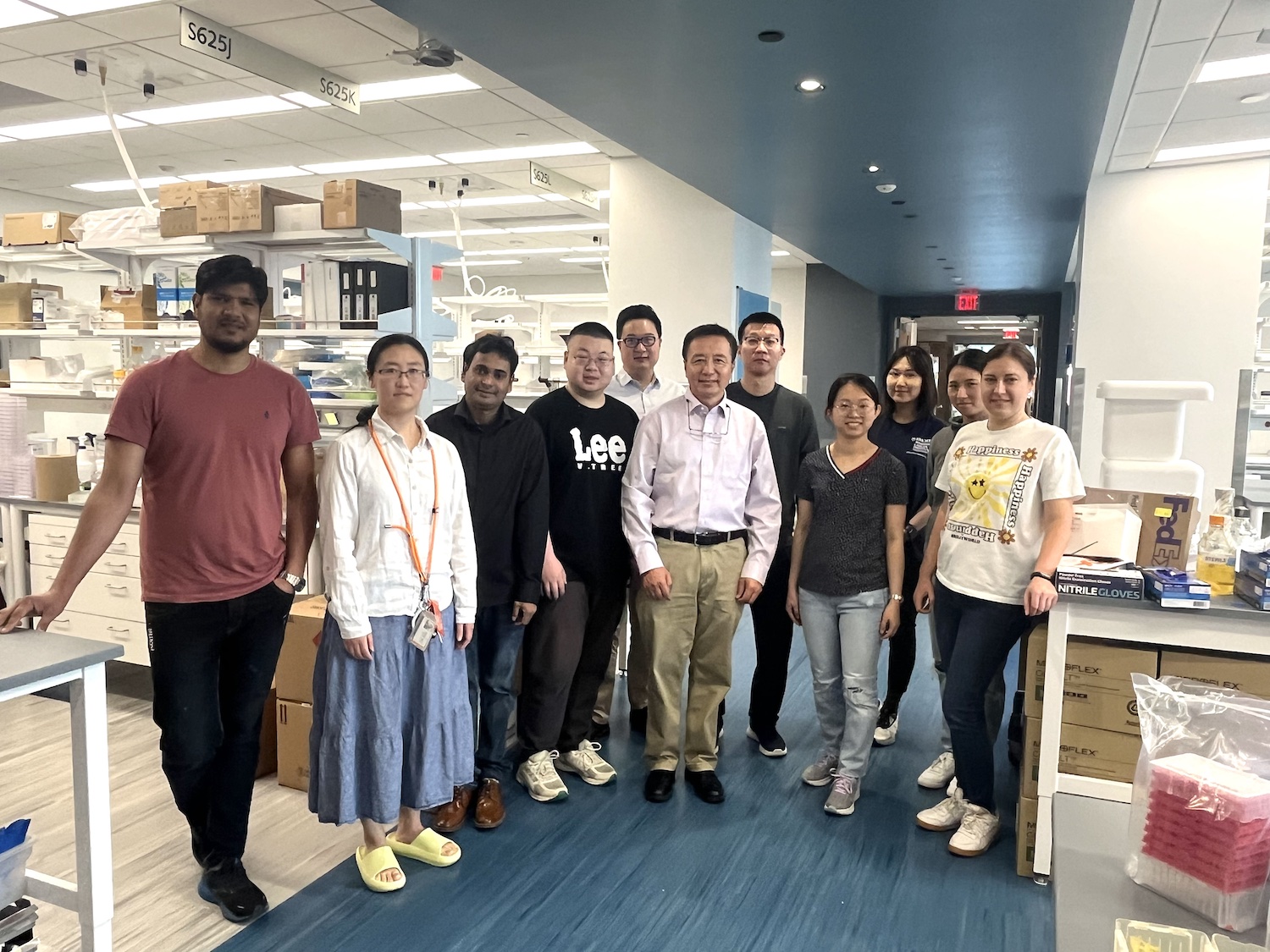
Wan Lab Group in front of the HSRB-II 5 story living wall.
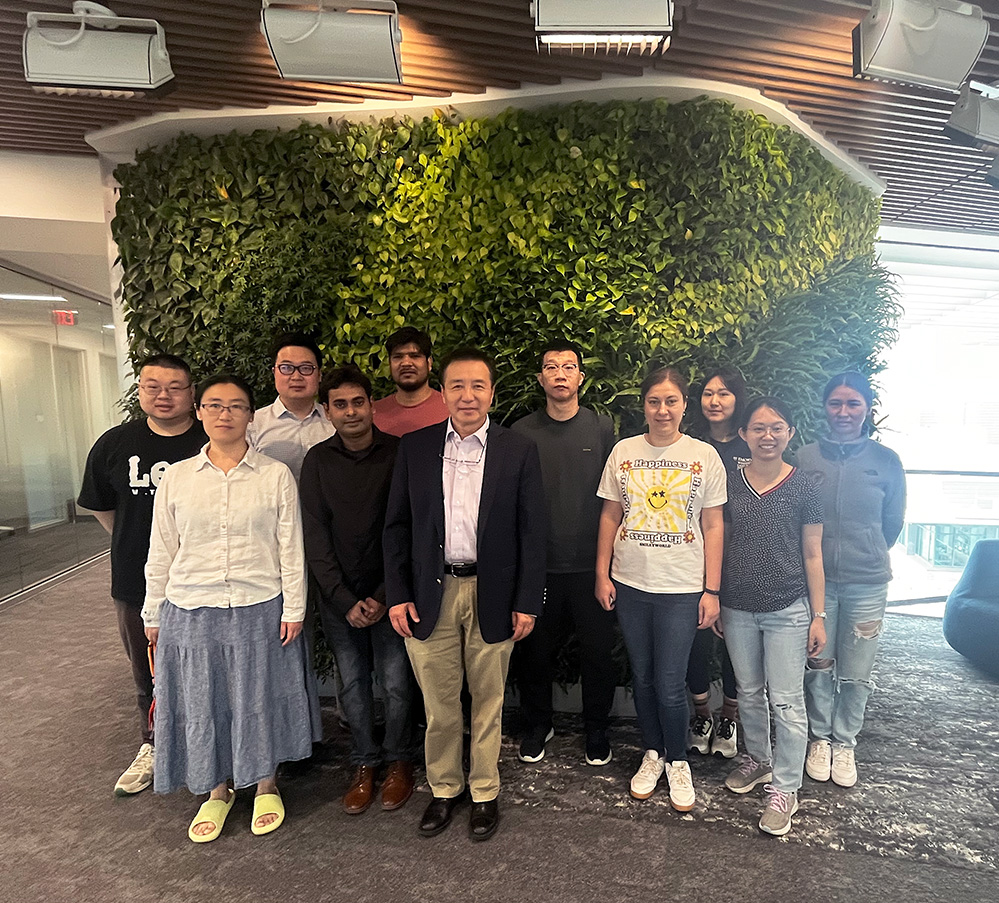
Jack (Junlong) Chi, Graduate Student
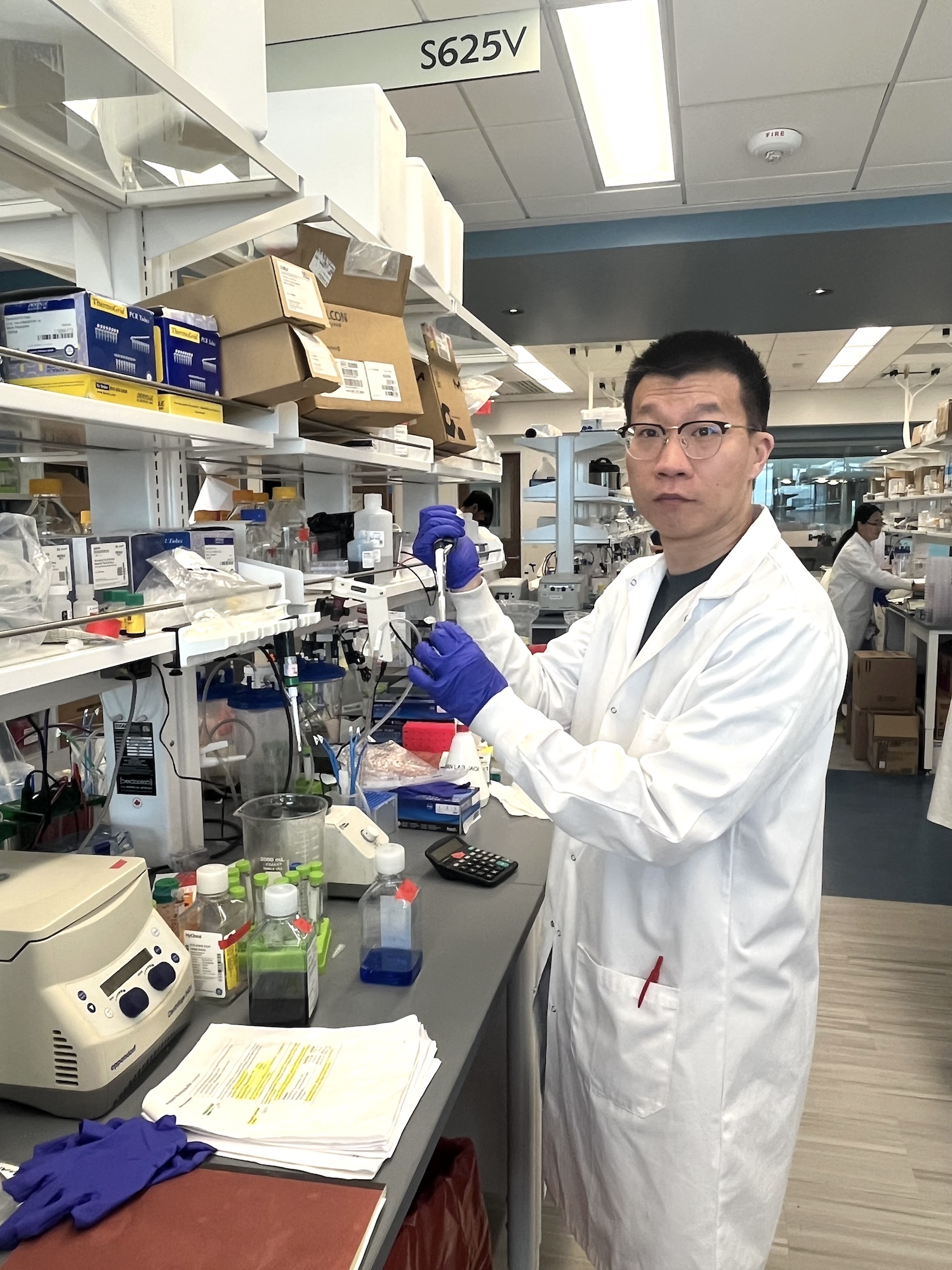
Lidan Zeng, PhD, Postdoctoral fellow
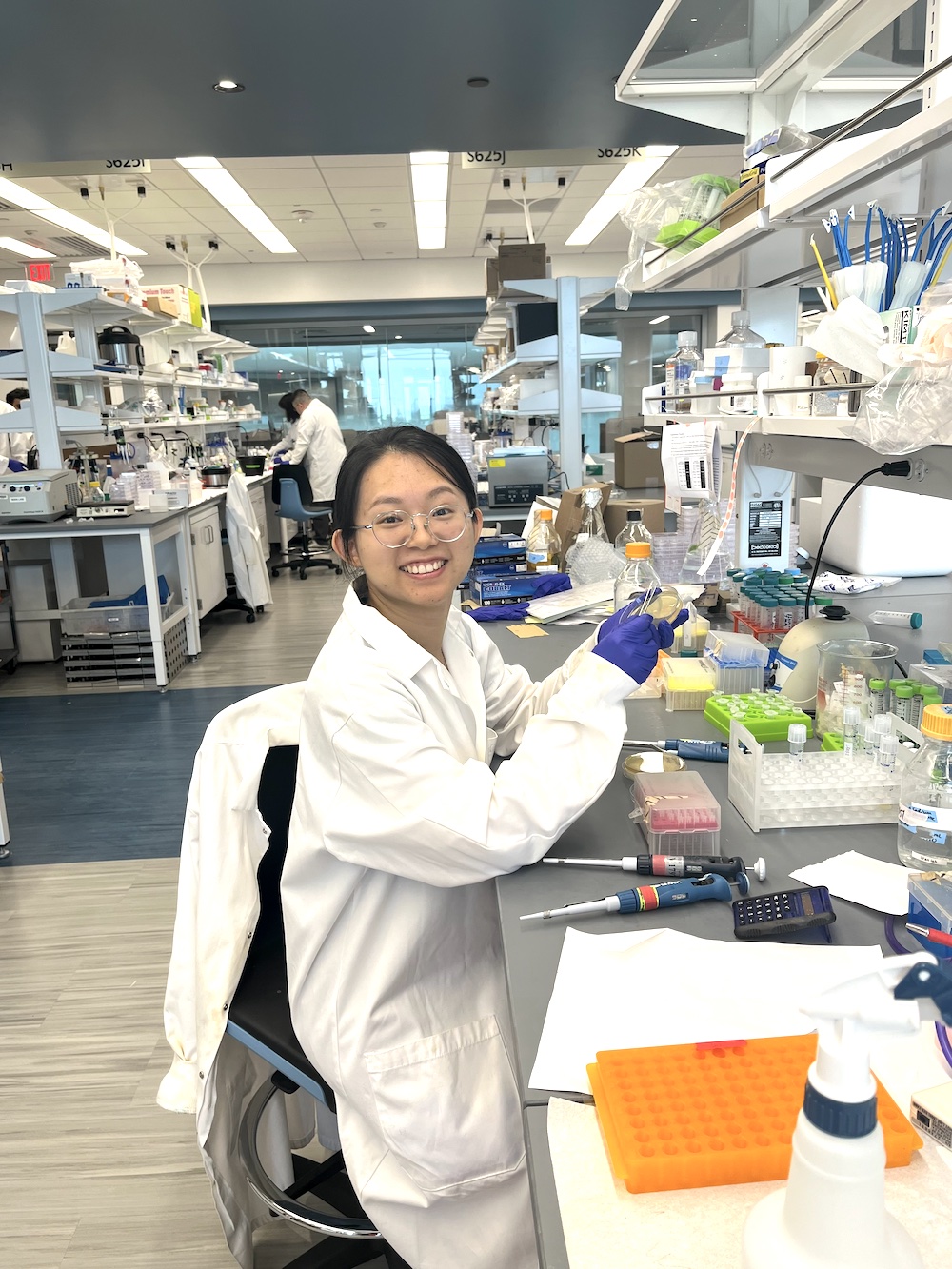
Olena Odnokoz, PhD, Assistant Scientist
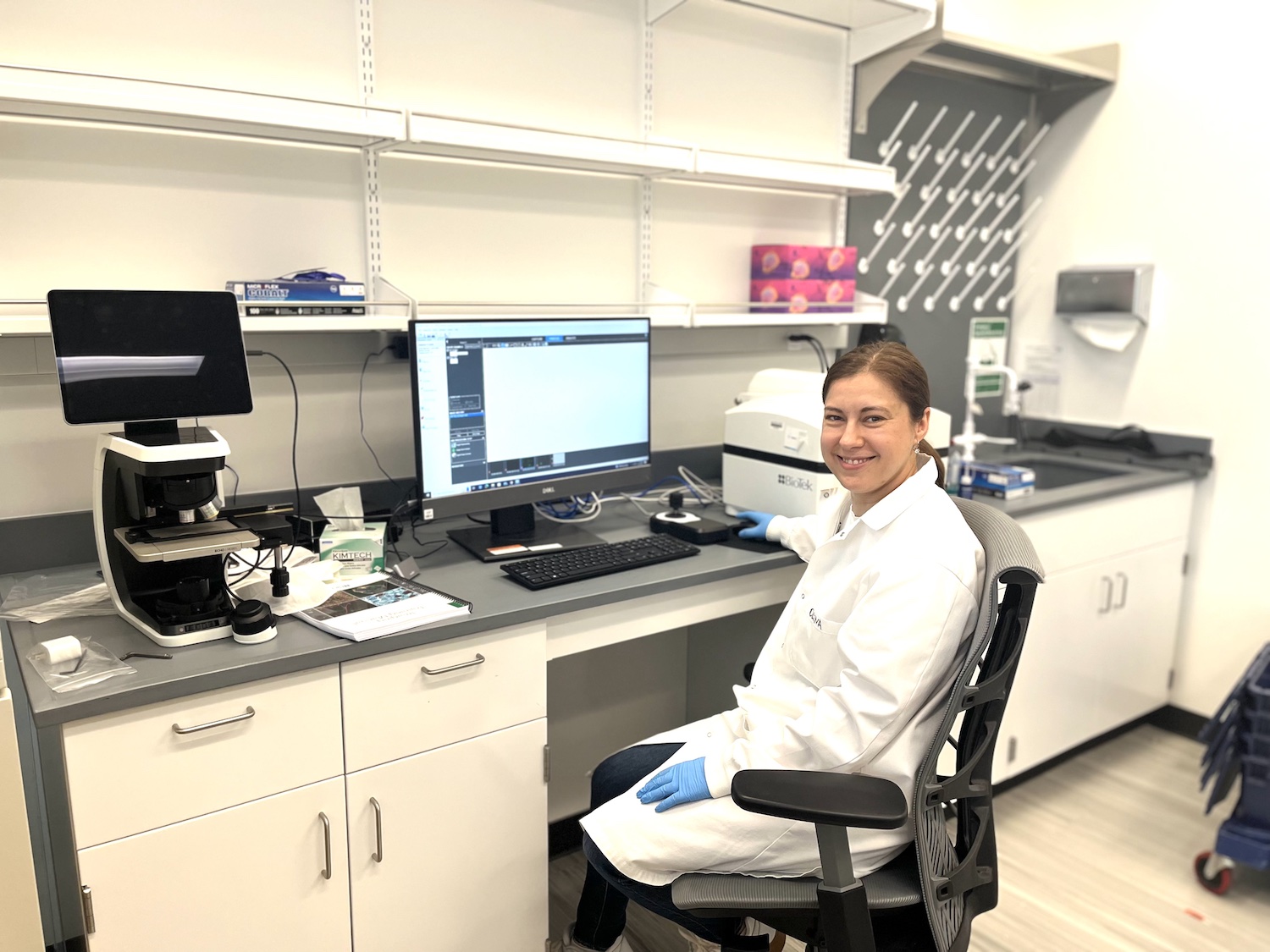
Qiao Jiao, Research Specialist, and Yueming Zhu, PhD, Assistant Professor
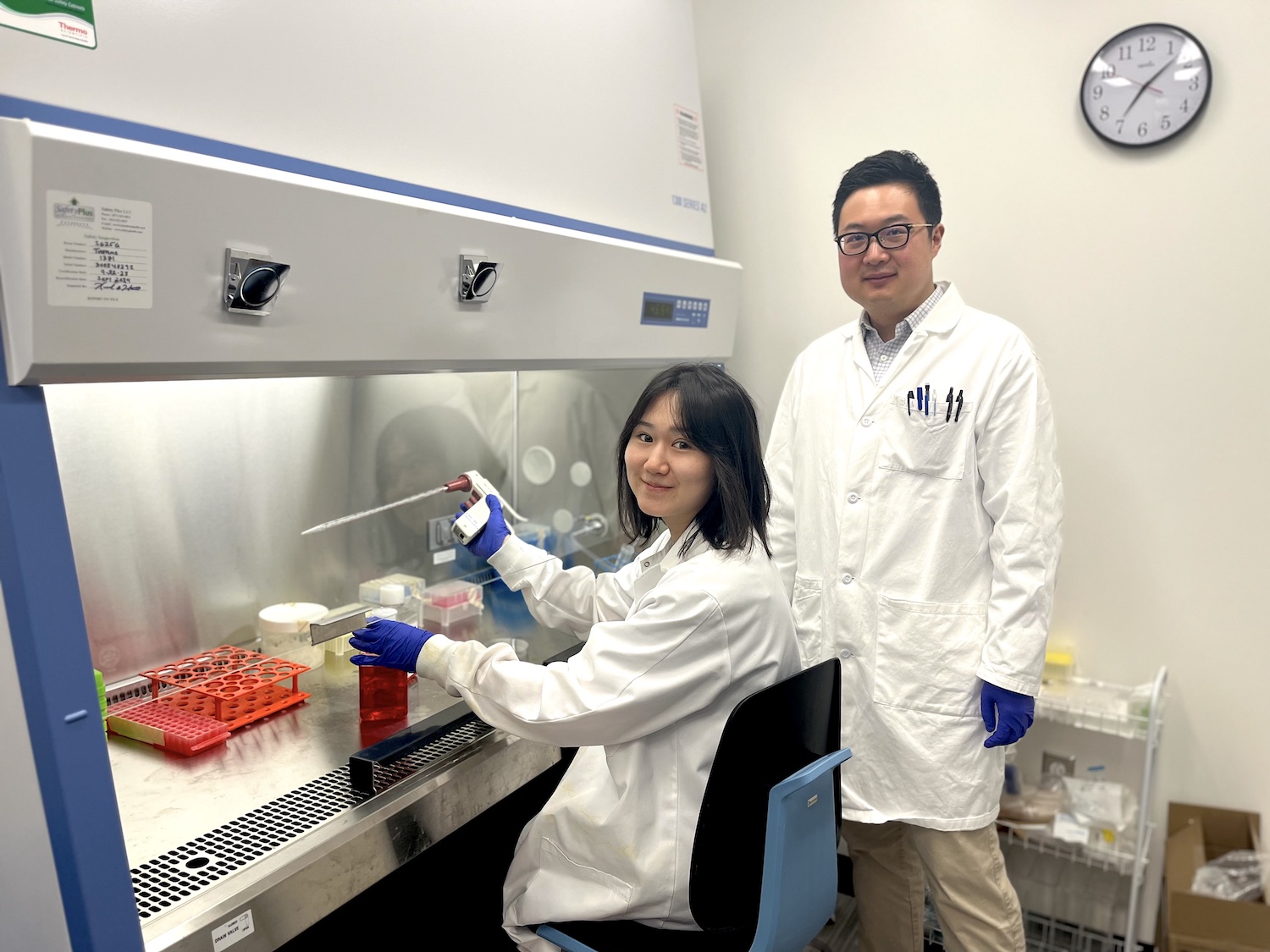
Yong Wan, PhD, Endowed Chair Professor and Yueming Zhu, PhD, Assistant Professor
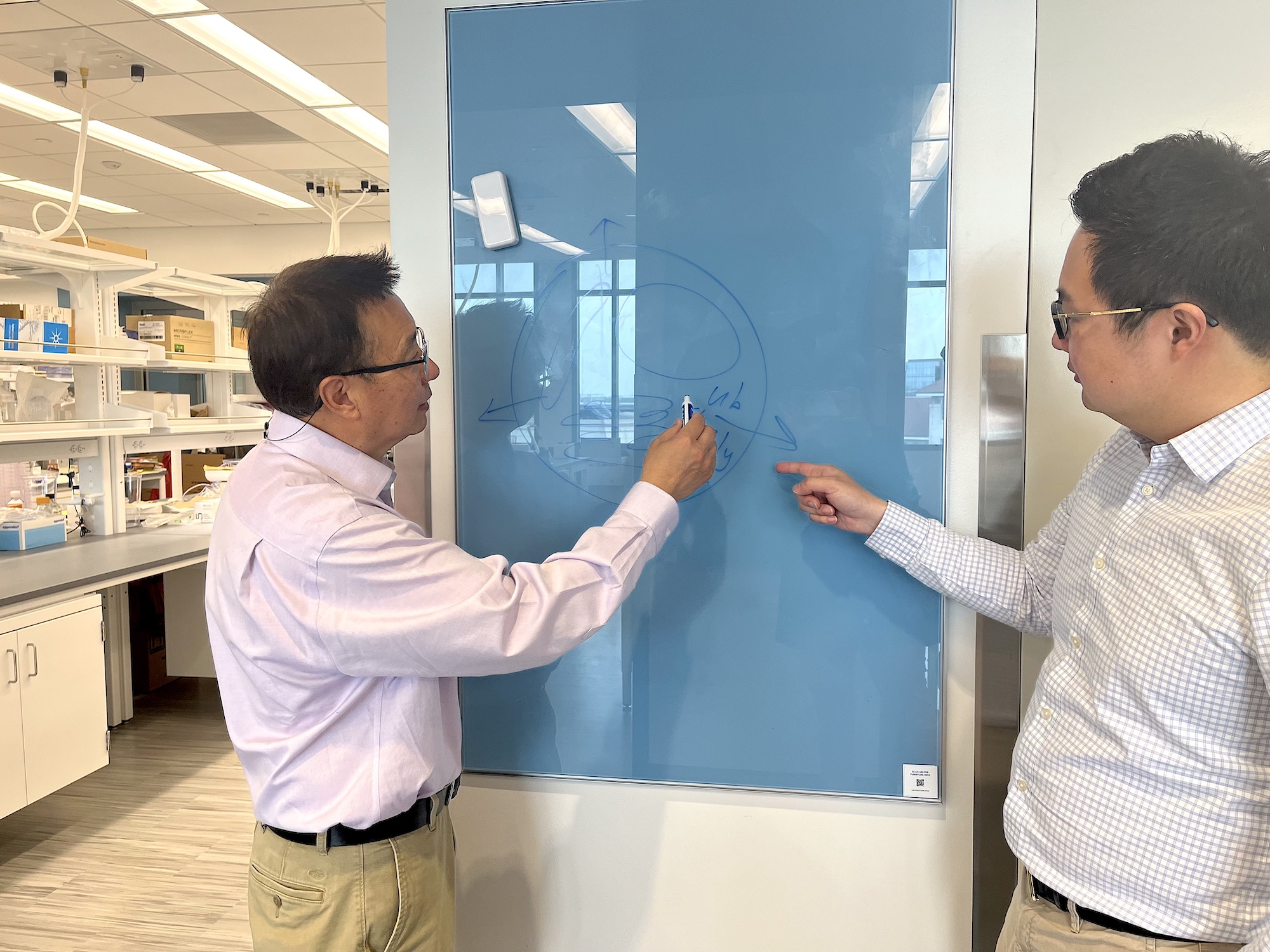
Nagendra Sastry Yarla, PhD; Yong Wan, PhD; Yueming Zhu, PhD; Amaduddin Khan, PhD; and Xin Cui, PhD
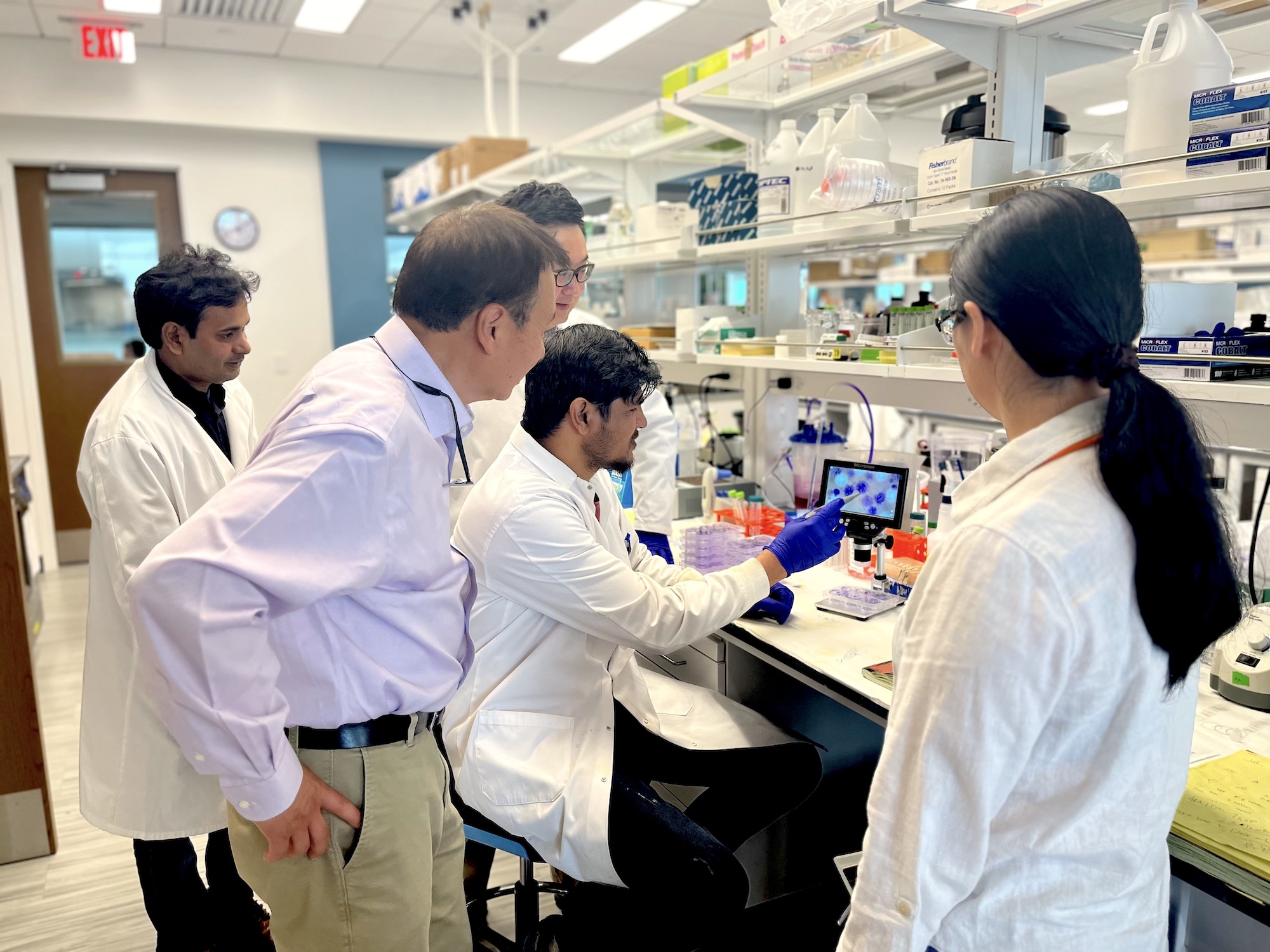
Research Updates
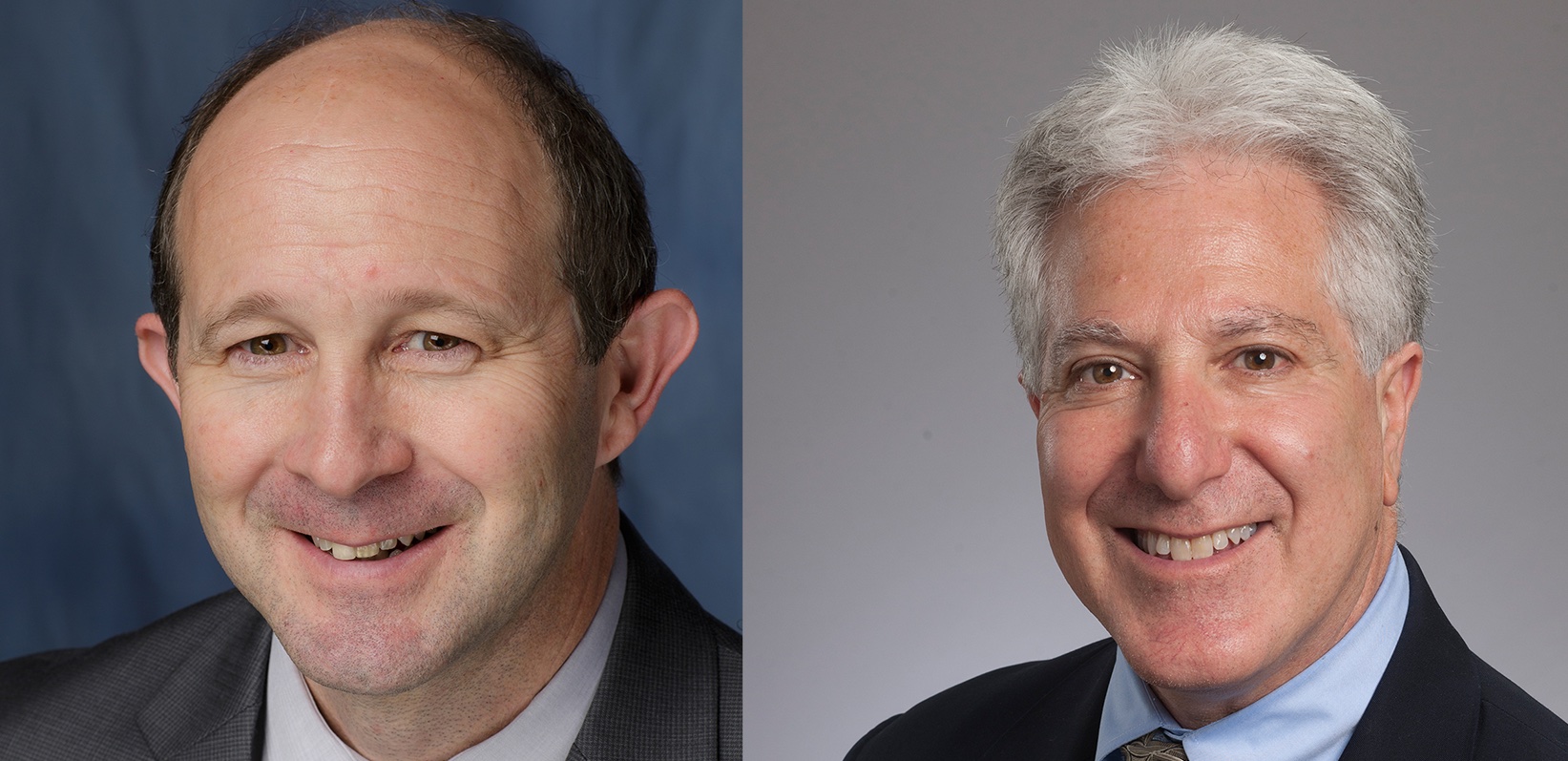
Golde Lab
Congratulations to Todd E. Golde, MD, PhD, Professor of Pharmacology and Chemical Biology, and Allan I. Levey, MD, PhD, Professor of Neurology and Director of Emory's Alzheimer's Disease Research Center, Emory School of Medicine, for their recent perspective on immunotherapies for Alzheimer's disease published in Science.

Hall Lab
Randy Hall, PhD, Professor of Pharmacology and Chemical Biology, was recently elected to serve as the next President of the American Society for Pharmacology and Experimental Therapeutics (ASPET). Dr. Hall will officially be ASPET’s President-Elect on July 1, 2024, and his one-year term as ASPET President will begin on July 1, 2025.

Hepler Lab
John Hepler, PhD, Professor of Pharmacology and Chemical Biology, has been elected as a Fellow of ASPET. It is a well deserved recognition of his remarkable accomplishments in pharmacology.
Selection as a fellow of the American Society for Pharmacology and Experimental Therapeutics (FASPET) is an honor bestowed on ASPET members who have demonstrated excellence via their overall contributions to pharmacology and the ASPET society.
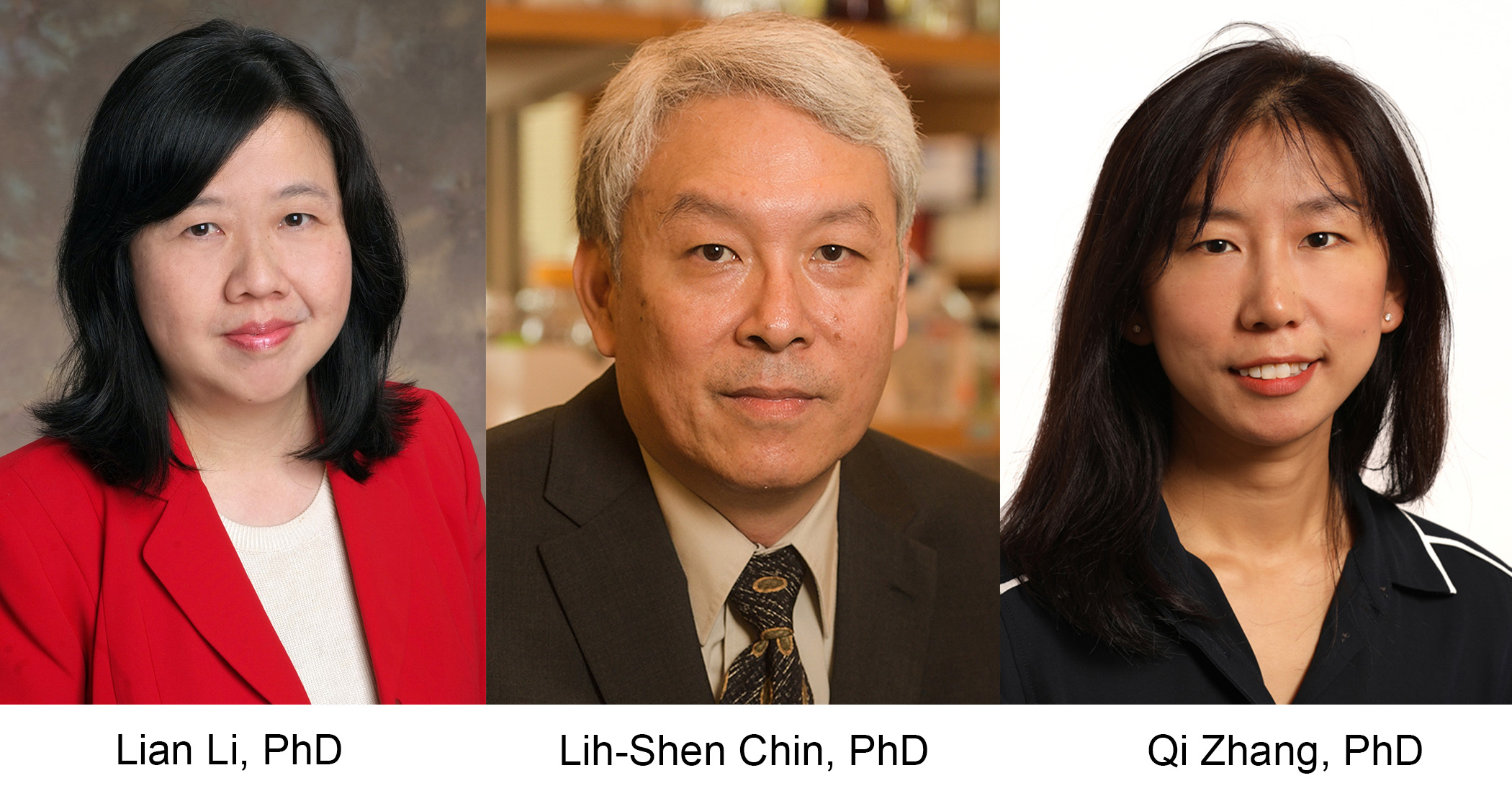
Li-Chin Lab Teams
Lian Li, PhD, Professor, Lih-Shen Chin, PhD, Associate Professor, and Qi Zhang, PhD, Instructor, published their discovery in Science Advances.
The Pharmacology and Chemical Biology labs of Dr. Lian Li and Dr. Lih-Shen Chin published an article titled," Human brain glycoform coregulation network and glycan modification alterations in Alzheimer’s disease," in Science Advances on April 5, 2024, with Dr. Qi Zhang as the first author.
The article reports the first large-scale, in-depth study of protein glycoforms and glycan modifications in human brain and their alterations in Alzheimer’s disease (AD) using intact glycopeptide-based quantitative glycoproteomics coupled with systems biology. The study identifies over 10,000 human brain glycoforms and generates site-specific glyco-maps for nearly 1200 glycoproteins in healthy and AD brains.
This work reveals previously unknown changes in glycoforms and site-specific glycans in AD and uncovers glycoform and glycan co-regulation networks associated with the disease phenotypes. The findings from this study provide mechanistic insights into the roles of glycan modifications in brain dysfunction in AD and establish a new framework of glycosylation-based networks and targets for combating this devastating dementia.

Traynelis-Yuan Lab Teams
The Traynelis Yuan team had 3 recent grants and several publications in the first quarter of 2024:
Grant Funding:
Stephen Traynelis, PhD, Professor of Pharmacology and Chemical Biology, received research support (SRA) in the amount of $220,000 from GRIN Therapeutics Inc. to investigate the consequences of a set of GRIN variants identified in patients with neurological and neuropsychiatric disorders.
Hongjie Yuan, MD, PhD, Associate Professor of Pharmacology and Chemical Biology, has been selected as an awardee for Biological & Health Sciences - University Research Committee (URC) Proposals for the funding year 2024-2025 for his application, “Disease-associated genetic variations in human GRIN3A gene: from molecular mechanisms to rescue pharmacology”.
Dr. Yuan also received research support in the amount of $100,000 from GRIN Therapeutics Inc. to investigate the effects of a GluN2B-selective negative allosteric modulator on animal model harboring a loss-of-function GRIN2B missense variant identified in a patient with neurological disorders.
Recent publications from the Traynelis-Yuan lab teams include:
1. Vieira et al., "A Frameshift Variant of GluN2A Identified in an Epilepsy Patient Results in NMDA Receptor Mistargeting". J Neurosci. 2024 Jan 24; 44(4): e0557232023. doi: 10.1523/JNEUROSCI.0557-23.2023.
2. Allen et al., "Clinical features, functional consequences, and rescue pharmacology of missense GRID1 and GRID2 human variants". Hum Mol Genet. 2024 Feb 1;33(4):355-373. doi: 10.1093/hmg/ddad188.
3. Chen et al., "Preclinical Evaluation of Azabenzimidazole-Based PET Radioligands for γ-8 Dependent Transmembrane AMPA Receptor Regulatory Protein Imaging". Chembiochem. 2024 Mar 15; 25(6):e202300813. doi: 10.1002/cbic.202300813.
4. Xu et al., "De novo GRIN variants in M3 helix associated with neurological disorders control channel gating of NMDA receptor". Cell Mol Life Sci. 2024 Mar 28; 81(1):153. doi: 10.1007/s00018-023-05069-z.
5. Banke et al., "Early expression of GluN2A-containing NMDA receptors in a model of fragile X syndrome". J Neurophysiol. 2024 Apr 1; 131(4):768-777. doi: 10.1152/jn.00406.2023.

Varvel Lab
Nick Varvel, PhD, Assistant Professor of Pharmacology and Chemical Biology, has been appointed a Contributing Editor for Epilepsy Currents, January 1, 2024 – December 31, 2026.
Dr. Varvel's inaugural commentary, “Takin’ out the trash for brain health,” will appear in the July/August 2024 edition.

Williams Lab
Dionna Williams, PhD, Associate Professor of Pharmacology and Chemical Biology, was selected to serve as a standing member of the National Institute on Drug Abuse (NIDA) Career Development and Training Study Section for a four-year term beginning July 2024.
The Wiliams lab also published a paper, "Roadmap For The Expression Of Canonical and Extended Endocannabinoid System Receptors and Proteins in Peripheral Organs of Preclinical Animal Models," in Physiological Reports. First author is J.J. Rosada-Franco, Postdoctoral Fellow, PhD candidate Alysha Ellison is second author, and Dr. Williams is senior author.
Pharmacology and Chemical Biology welcomed Dr. Williams and her team to the department January 2024.

ASPET Brodie Award 2024
Events
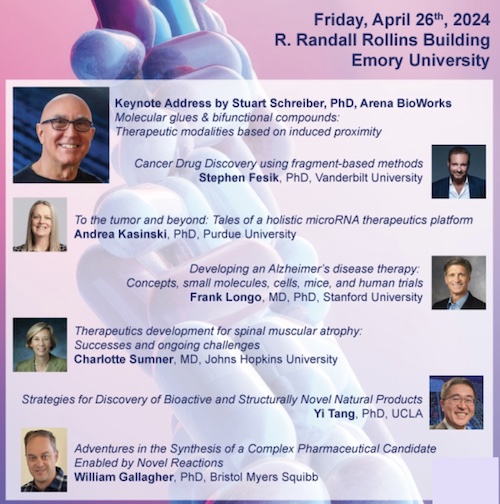
Emory 3D Symposium
The Department of Pharmacology and Chemical Biology and the Winship Cancer Institute hosted the Emory 3D Symposium: Accelerating Drug Discovery & Development, April 26, 2024. This symposium aims to educate and invigorate the drug discovery and development community here at Emory.
Opening remarks were given by Ravi Thadhani, MD, MPH, Executive VP Health Affairs; Haian Fu, PhD, Chair of Pharmacology and Chemical Biology and Co-Director of the Emory Center for New Medicines; and Suresh Ramalingam, Executive Director of Winship Cancer Institute, Emory University. Keynote speaker Stuart Schreiber, PhD, Arena BioWorks, spoke on, "Molecular Glues and Bifunctional Compounds: Therapeutic Modalities Based on Induced Proximity".
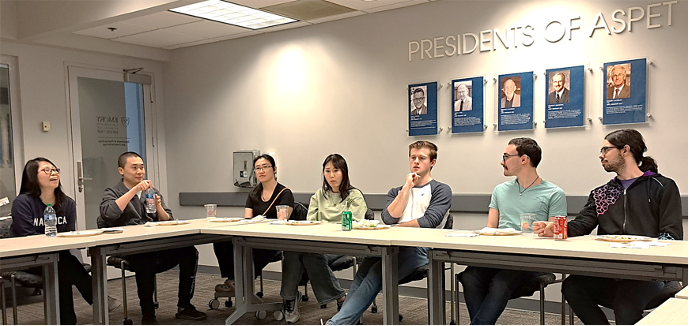
"Conversations with the Chair" Series
The Department of Pharmacology and Chemical Biology held its inaugural "Conversations with the Chair" series on February 29, 2024. This is an interactive lunch forum where staff can talk directly with the department chair, Dr. Haian Fu, to voice concerns, talk about new ideas, and ask questions.

Twenty Five Years at Emory
Trainees and Fellows
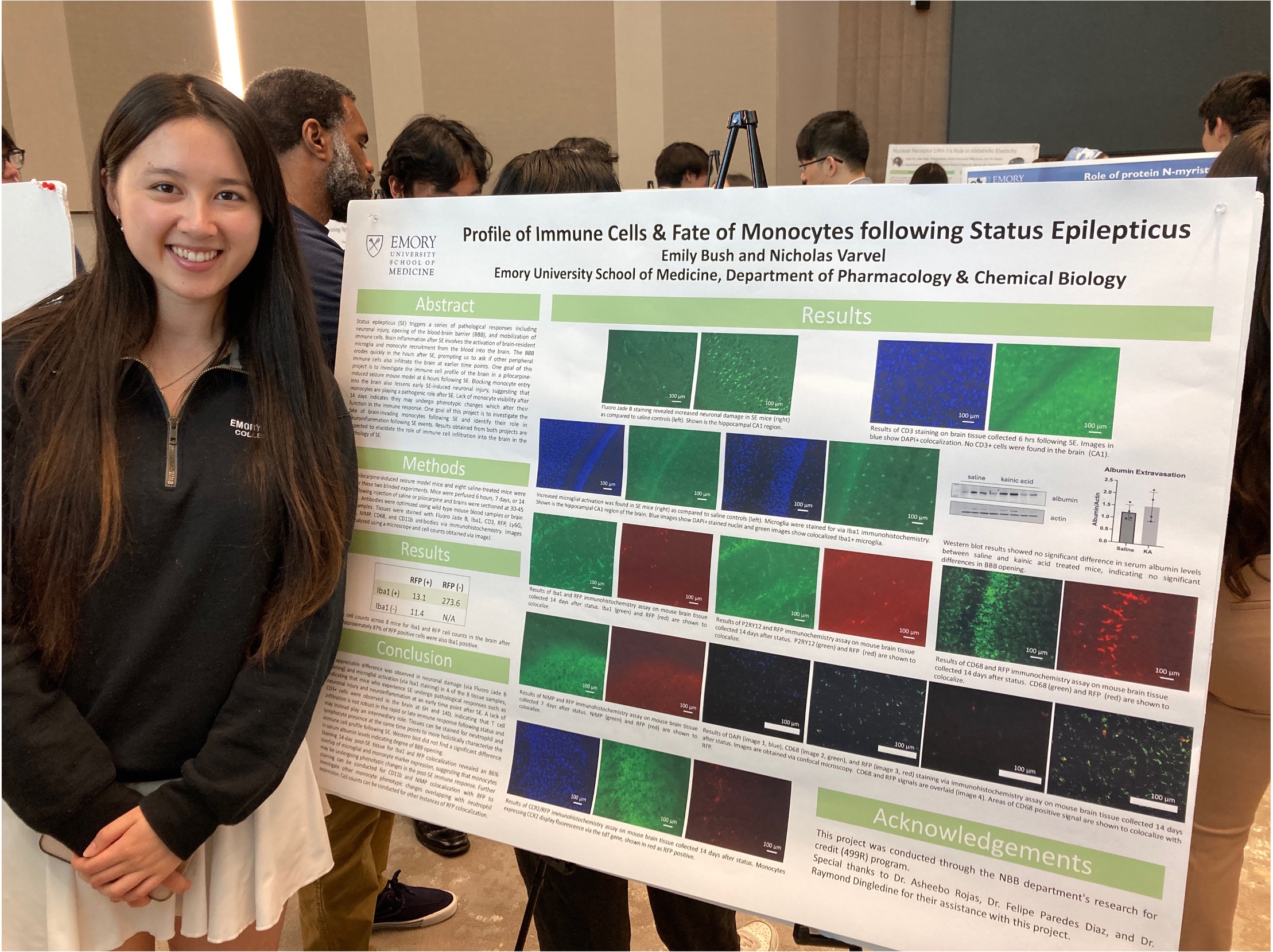
Emily Bush
Undergraduate Student/Trainee
Varvel Lab
Emily Bush, undergraduate student in the Varvel Lab, presented her research at the Biology/Neuroscience and Behavioral Biology (NBB) Undergraduate Research Symposium, April 2024.
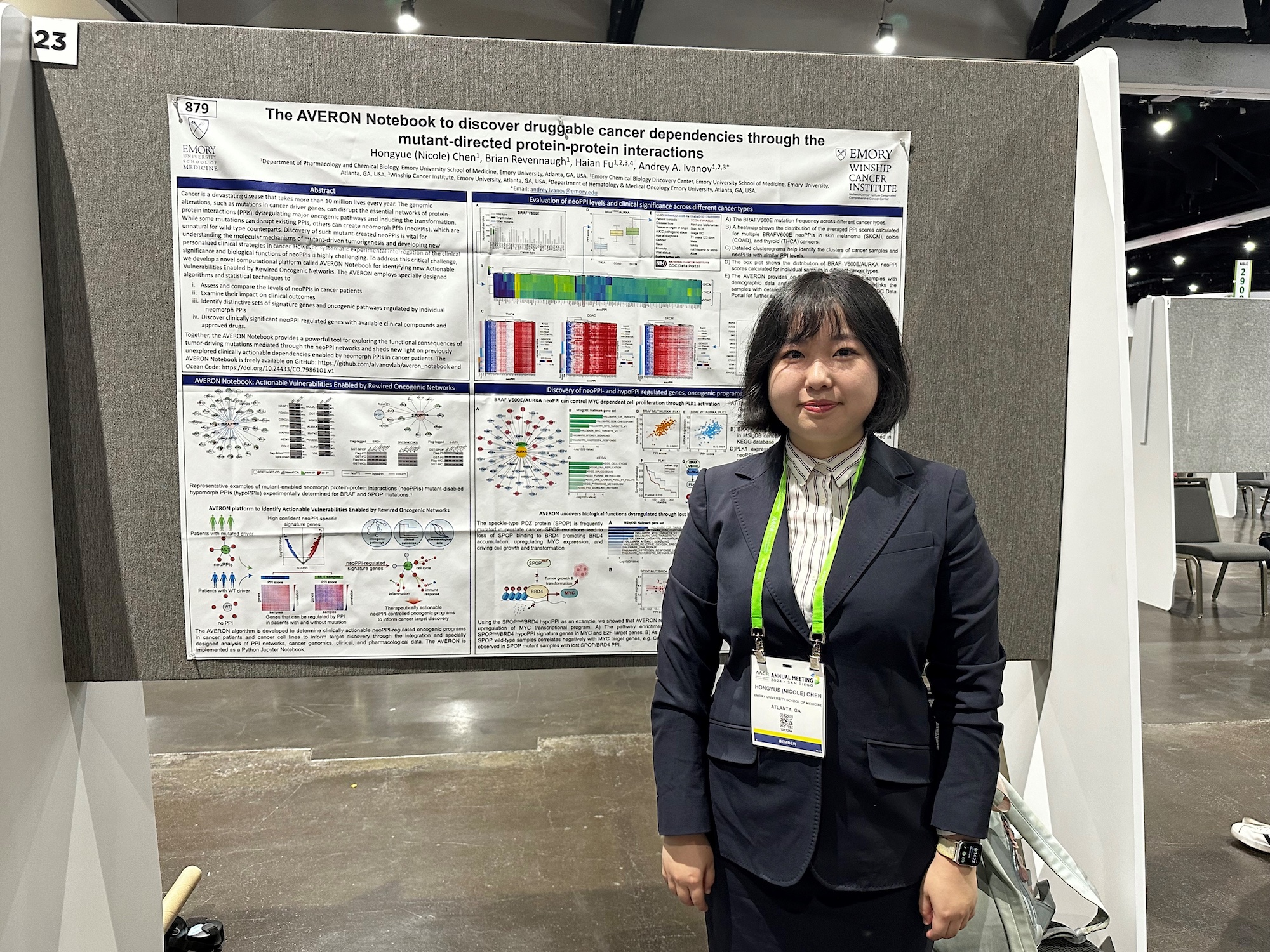
Nicole Chen
Research Specialist/Trainee
Ivanov Lab
Nicole Chen, Research Specialist in the Ivanov Lab, presented the lab's NCI ITCR-funded work “The AVERON Notebook to discover druggable cancer dependencies through the mutant-directed protein-protein interactions,” at the AACR2024 meeting in San Diego.
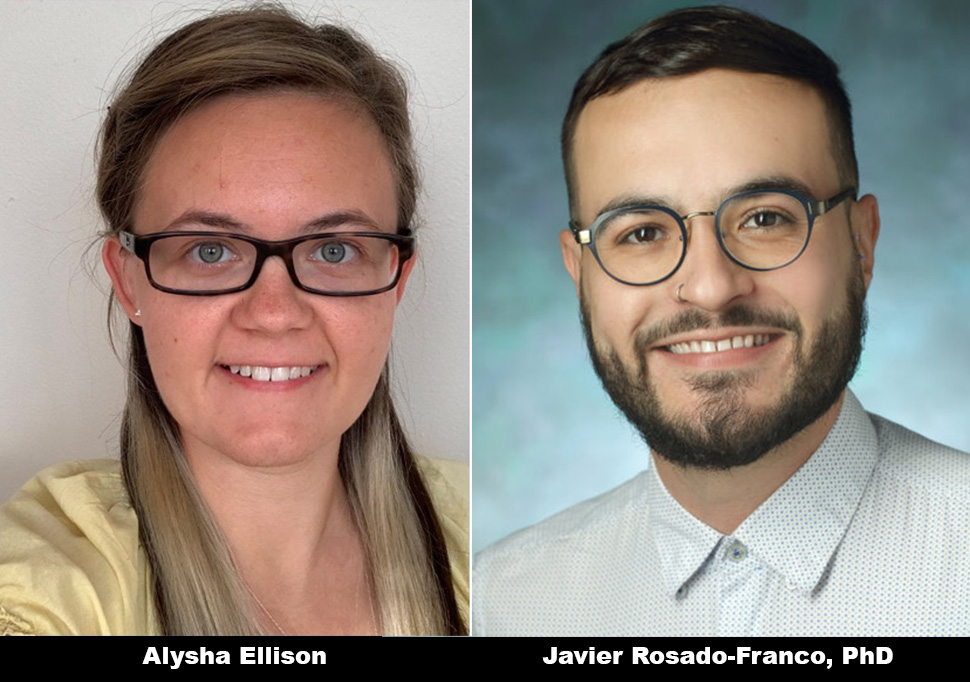
Alysha Ellison
Graduate Student/PhD Candidate
Williams Lab
Javier Rosado-Franco, PhD
Postdoctoral Fellow
Williams Lab
J.J. Rosada-Franco, Postdoctoral Fellow, and PhD candidate Alysha Ellison published a paper, "Roadmap For The Expression Of Canonical and Extended Endocannabinoid System Receptors and Proteins in Peripheral Organs of Preclinical Animal Models," in Physiological Reports. First author is J.J. Rosada-Franco, Alysha Ellison is second author, and Dr. Dionna Williams is senior author.
New Employees
Not pictured:
Pooneh Amin, Research Specialist, Senior, Golde Lab
Lihong Cheng, Research Specialist, Senior, Kukar Lab
Mohamed Ishan, PhD, Postdoctoral Fellow, Read Lab
Jorge Luis Jimenez Macias, PhD, Scientist, Asst (AR), Read Lab
Ilona Krey - Grauert, PhD, Visiting Fellow, Traynelis Lab
Laura Lea Kuperman-Yao, Research Laboratory, Manager, Read Lab
Soheila Pourkhodadad, PhD, Postdoctoral Fellow, Fu Lab
Kyu Hwan Shim, PhD, Postdoctoral Fellow, Golde Lab
Anan Xu, PhD, Visiting Fellow, Mao Lab
Weicheng Xu, PhD, Visiting Fellow, Mao Lab
Kuai Yu, PhD, Scientist, Asc (AR), Traynelis Lab









